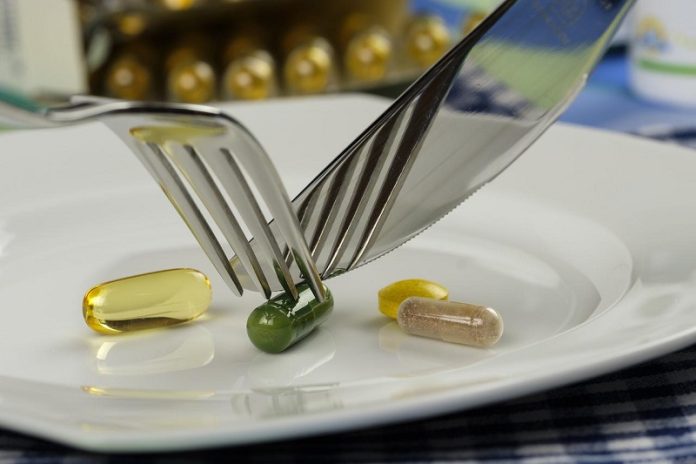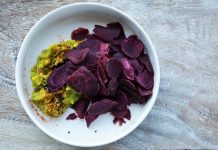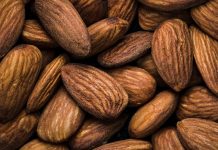
In a study from Cleveland Clinic, scientists found six widely used dietary supplements promoted for improving heart health did not effectively lower LDL or “bad” cholesterol in comparison to a common low-dose statin medication or placebo.
Cholesterol is a waxy substance found in the blood. The body needs cholesterol to build healthy cells, but high levels of cholesterol can increase the risk of heart disease.
There are two types of cholesterol. High-density lipoprotein (HDL) cholesterol is called the “good” cholesterol because it protects the heart.
In contrast, high levels of low-density lipoprotein (LDL), the ‘bad’ cholesterol, suggest a higher risk for heart disease and stroke because it forms deposits that can narrow and stiffen arteries.
Supplements are commonly used by people to reduce blood cholesterol levels.
But evidence of their effectiveness to lower LDL cholesterol is lacking, particularly when compared with statins.
In the current study, researchers aimed to compare the efficacy of a low-dose statin and six common supplements in reducing LDL cholesterol and inflammation.
They tested 190 adults with no history of atherosclerotic heart disease, a high level of LDL cholesterol, and an increased risk of heart disease.
Participants were assigned to 5 mg daily of the statin drug rosuvastatin, fish oil, cinnamon, garlic, turmeric, plant sterols, or red yeast rice for 28 days.
The team found the LDL cholesterol reduction with rosuvastatin was greater than all six supplements and placebo.
The statin drug rosuvastatin reduced LDL cholesterol levels by more than one-third compared with the placebo.
But none of the dietary supplements showed a meaningful decrease in LDL cholesterol compared with the placebo.
Based on the findings, the researchers conclude that in people with increased risk for heart disease, taking the statin drug rosuvastatin 5 mg daily can lower LDL cholesterol effectively more than common ‘heart health’ supplements fish oil, cinnamon, garlic, turmeric, plant sterols, and red yeast rice.
The study was conducted by author Luke J. Laffin et al and published in the Journal of the American College of Cardiology.
If you care about heart health, please read studies about how drinking milk affects the risks of heart disease and cancer, and herbal supplements could harm your heart rhythm.
For more information about heart health, please see recent studies about how espresso coffee affects your cholesterol level, and results showing Vitamin C linked to a lower risk of heart failure.
Copyright © 2022 Scientific Diet. All rights reserved.








